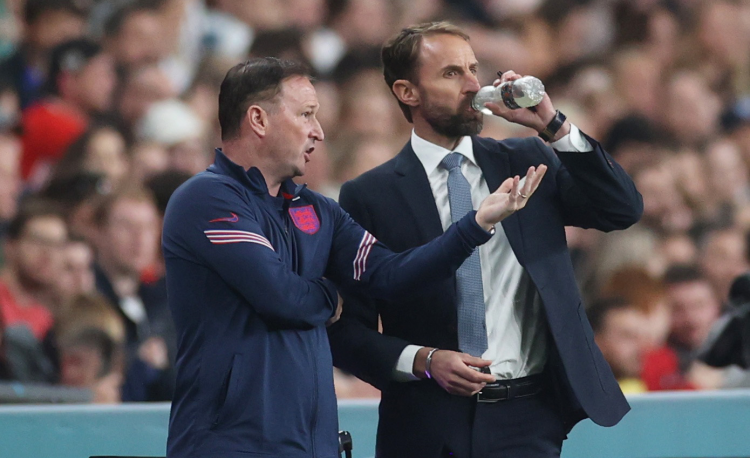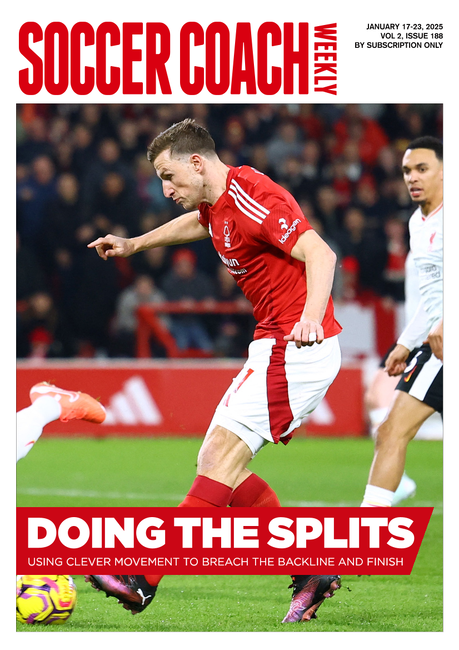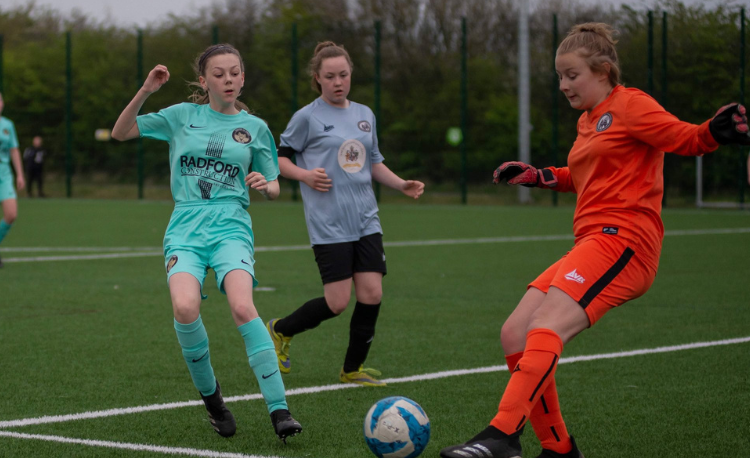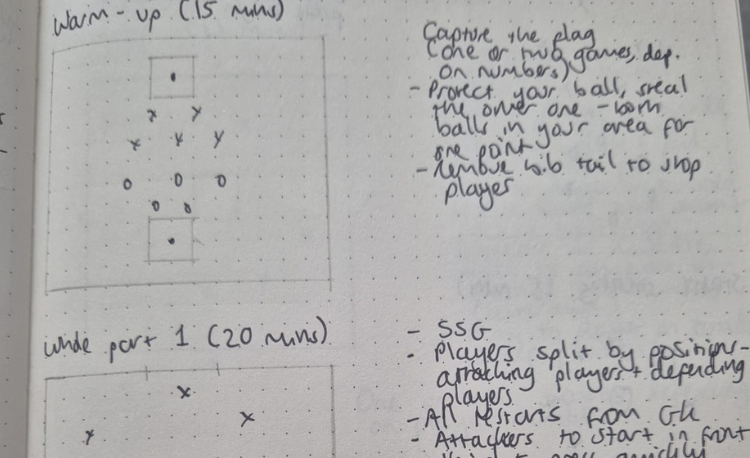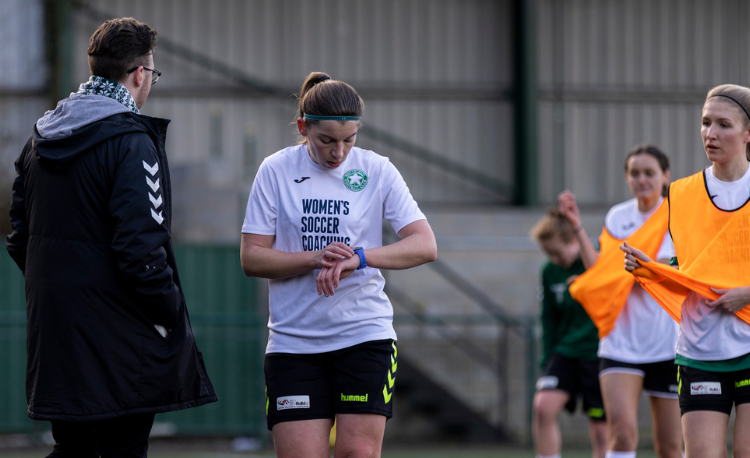7 ways to be a good assistant coach
Coach developer Grant Hathaway on being a reliable, trusted number two.
Many coaches work with a partner, or within a coaching group, allowing us opportunities to develop collaborative skills.
But, because these don’t ordinarily form part of any coach education, they can get forgotten about.
Below are some considerations for any assistant coaches out there to ensure they add value to co-coaches and players alike.
01 strings to your bow
Whatever your personal experiences are in and out of soccer, they can translate directly into your coaching. You may, for example, have developed rapport-building or leadership skills in your work life.
Be confident that, with these strings to your bow, they can add value to a lead coach.
02 Know Your Point of Difference...
Among your experiences and knowledge will be something that makes you different from other assistant coaches and the lead coach.
As a coach, you have to know yourself well enough to be able to commit your point of difference to the collective effort.
03 ...and Know Everyone Else’s Too
In any team, there will be a variety of personalities which will have some commonality but still differ.
While we want everyone to be themselves, sometimes the strength of the personalities might mean that there becomes a clash.
Players must leave space for team-mates to be themselves. In coaching, we need to use our point of difference in ways which promote other coaches to do similar.
04 Be the Lead Coach in Your Area
Being a lead coach can be tricky because you have oversight for a wide range of aspects.
As an assistant coach, though, you will likely have a designated area to concentrate on and this provides an opportunity for autonomy and to be an expert in this area.
This could mean developing a greater knowledge of the area or offering other coaches ideas and reflections to make sure your area is thoroughly covered off.
05 Be always on
There is always plenty you can offer on the field, whichever of these defined roles, below, you fulfil in a practice.
Lead: Here, you own the learning outcomes, set up and debrief the practice and have oversight of that section. You ensure feedback is on offer for everyone, related to the success framework you lay out at the start. You take feedback from the observer and give direction to the facilitator.
Facilitator: You manage the practice itself. This can mean refereeing whatever rules are in place or ensuring the mechanics of the practice run according to the plan.
Observer: You actively observe coach and player actions in line with the success framework. You feed this into the lead, so they can make decisions on what to do next.
If you don’t have a defined role, there are still crucial jobs to do, such as:
- Run water bottles to keep players hydrated - Listen to what others discuss and, where possible, get involved as an extra observer
- Work with non-participating players to help them learn from what they are watching
- Engage parents and guardians in the same way, so they know what their son or daughter is working towards
- Look out for players who perhaps aren’t involved as much or need feedback to push them further. Feed this in with the agreed process.
06 Relationships
As an assistant coach, you have the chance to form relationships which head coaches sometimes can’t.
Perhaps their role keeps them busy and removed from the players, or they choose to so they can make difficult selection decisions - or maybe you have been given a chance to lead in an area which allows you to be seen as the trusted person.
Whatever the reason, an assistant coach is integral to player-coach relationships.
07 See The Unseen
As well as the responsibilities discussed, you are well positioned to see what else the soccer offer needs.
Whether it is something not in the whole season plan or coaching actions which need sharpening, you can be an extra pair of eyes and ears.
Related Files
Newsletter Sign Up
Coaches Testimonials

Gerald Kearney, Downtown Las Vegas Soccer Club

Paul Butler, Florida, USA

Rick Shields, Springboro, USA

Tony Green, Pierrefonds Titans, Quebec, Canada
Subscribe Today
Discover the simple way to become a more effective, more successful soccer coach
In a recent survey 89% of subscribers said Soccer Coach Weekly makes them more confident, 91% said Soccer Coach Weekly makes them a more effective coach and 93% said Soccer Coach Weekly makes them more inspired.
*includes 3 coaching manuals
Get Weekly Inspiration
All the latest techniques and approaches
Soccer Coach Weekly offers proven and easy to use soccer drills, coaching sessions, practice plans, small-sided games, warm-ups, training tips and advice.
We've been at the cutting edge of soccer coaching since we launched in 2007, creating resources for the grassroots youth coach, following best practice from around the world and insights from the professional game.
